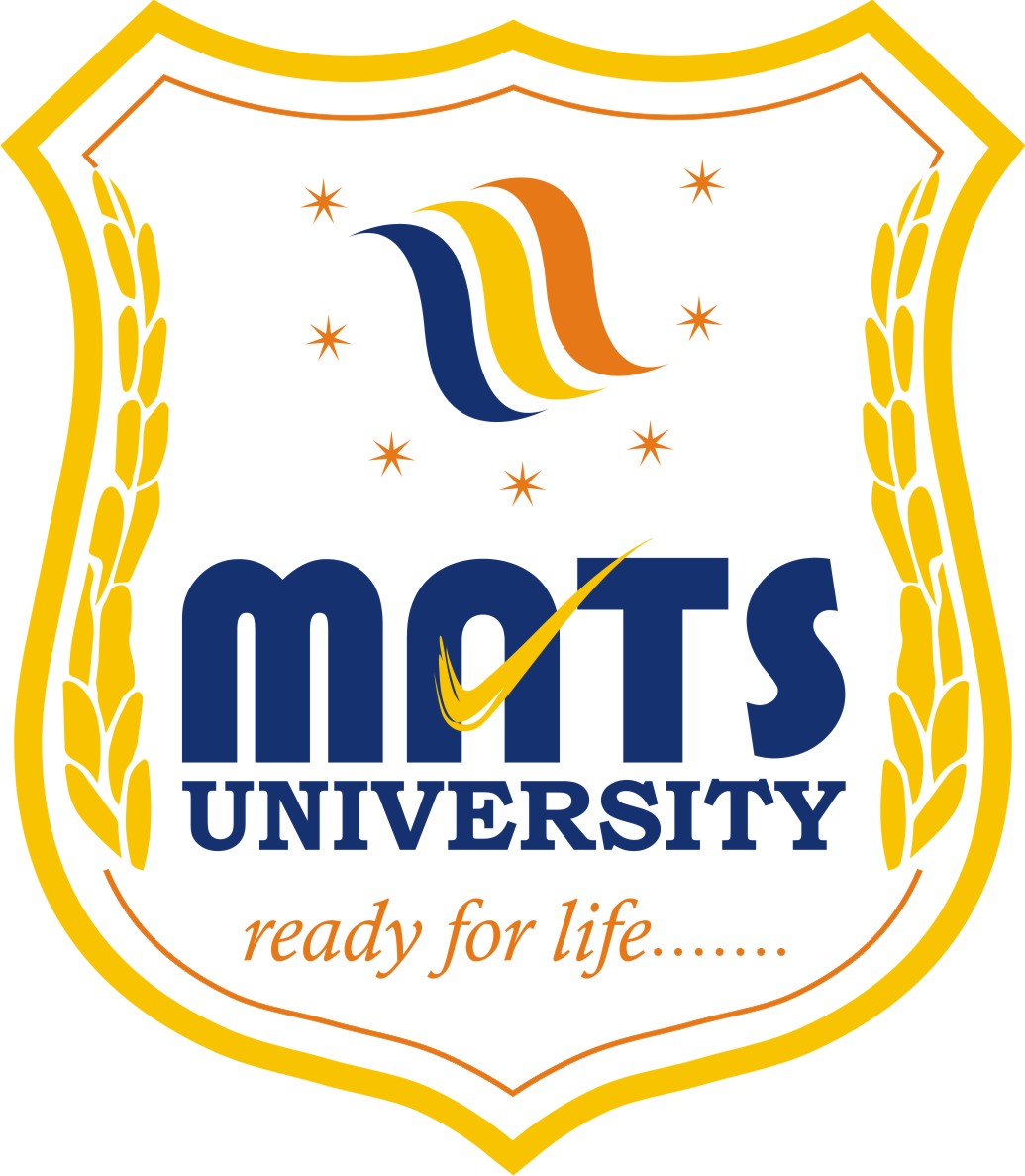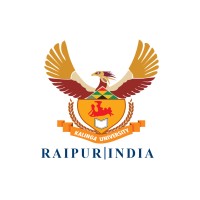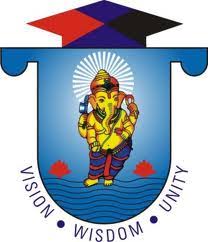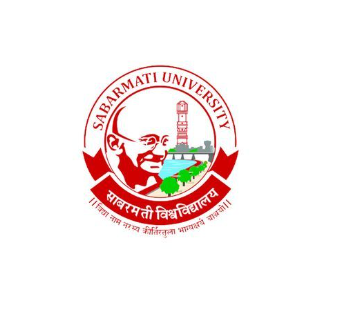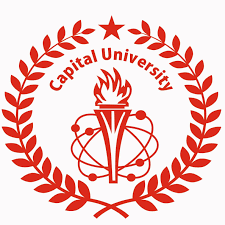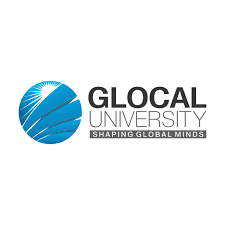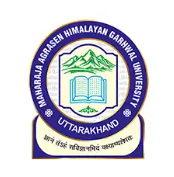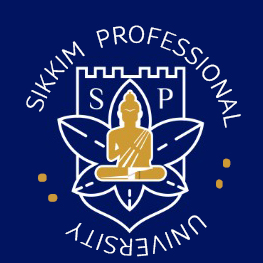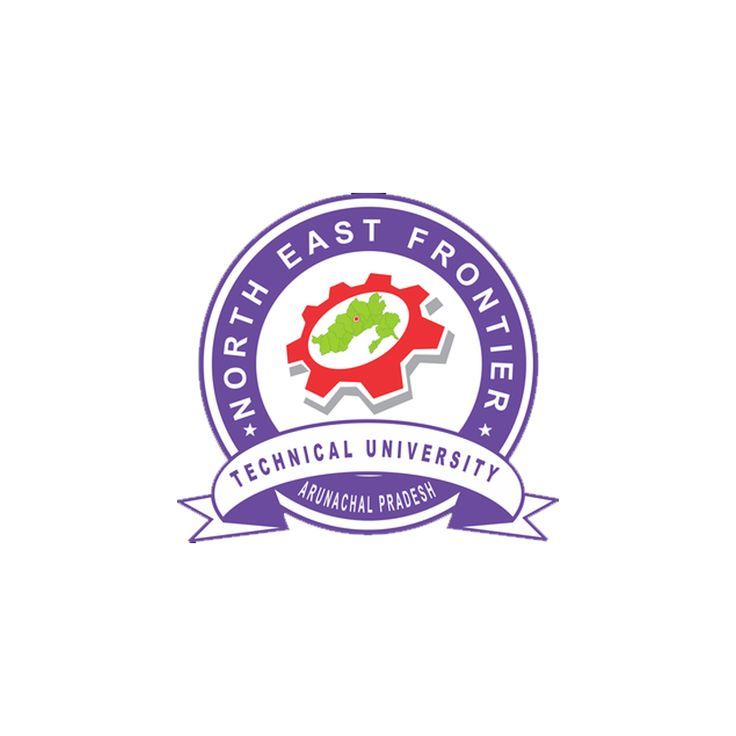Contemporary Critical Theory in Literature Studies Course Admission 2024-25 - Shikshaglobe
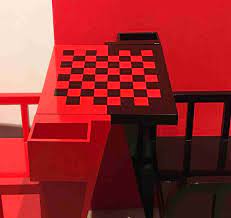
Contemporary Critical Theory in Literature Studies (click here)
Why choose this course?
On this gospel and Contemporary Critical proposition Mama course you will study crucial workshop of critical proposition in relation to the social and political problems of the present. It allows you to combine study of the two main traditions of critical proposition, the Frankfurt School and French structuralism andanti-humanism, as well as engage with work by thinkers who have come influential only in the last two decades,e.g. Agamben, Spivak, Badiou, Butler and Deleuze. While addressing coevals around questions like social justice, political power, class, identity, representation, and so on, this Mama in critical proposition grounds its problems and generalities in their specific philosophical environment, with particular reference to the foundational work of Kant, Hegel and Marx. It'll prepare you for a wide range of careers in education, the trades, politics and public policy, and it also provides ideal medication for doctoral exploration in gospel or related disciplines.
Read Mor: Orientation in School Guidance Course
Course objects/ Description
This course is designed keeping in mind the negative relations that live between proposition and artistic/ cultural practices in academic art education. In fact, utmost of the trades institutions in India discourage scholars from engaging with contemporary theoretical developments in the field by reducing trades education to bare skill development. This course reflects SCCE’s vision to integrate proposition and practice in a more productive and sustainable manner, and is imagined as an integrating thread across all theM.A. Programmes offered by the School of Culture and Creative Expressions. This course is comprised of three corridor, intricately connected to each other, and is offered over the duration of three semesters. The first part provides a critical overview of colorful beaches in contemporary critical propositions by tracing their breedings. The first semester of the Contemporary Critical propositions course for theM.A. Programme combines the study of a) the two main traditions of critical proposition, videlicet, the Frankfurt School and Frenchanti-humanism, b) their background in 19th- century European Enlightenment gospel and particularly, a critical preface to the crucial philosophical generalities of Kant, Hegel, Marx, and Nietzsche. The primary ideal of the course in the first semester is to introduce the critical dialogues which enable pedagogy as a whole to deal with the complications involved in contemporary artistic product. One of the areas of focus in this course is to frame theoretical phrasings in their literal, artistic, and intellectual surrounds. It attempts to familiarise scholars with several beaches of contemporary critical study. It also introduces them to the history and styles of colorful aqueducts of critical thinking. Given that utmost of the literal and theoretical beaches of each of theM.A. specializations is deeply informed by these larger philosophical dialogues , this course is imagined as a( re) source which explores this dialectical relationship. As an original step, this course introduces four crucial thinkers of the 19th century whose theoretical/ philosophical contemplations still play a central part in contemporary critical proposition, videlicet Immanuel Kant,G.W.F. Hegel, Friedrich Nietzsche, and Karl Marx. Further, to give a background to the workshop of Frankfurt School of critical proposition, the course begins with a brief preface to the Marxist erudite/ cultural propositions and colorful beaches of Marxism as a political gospel, especially in the environment of artistic product. Antonio Gramsci, Theodor Adorno, Walter Benjamin, and Louis Althusser are some of the crucial thinkers that this course introduces through a series of lectures and conversations. As part of the nonstop assessment process, a pupil or a group of scholars have to make half- hour long donations on crucial textbooks assigned to them. also, each class in every week has thematic focuses and separate reading/ reference accoutrements .
Course Outcomes
Upon successful completion of the course, the pupil will be suitable toAcquire a provable understanding regarding the breedings of criticaltheory.Distinguish between differences and parallels between colorful beaches within critical proposition and their dialectical relationship with creative/ artistic knowledge product. These differences and parallels include 1. literal, 2. Ideological, 3. Philosophical, 4. Cultural, 5. Aesthetical, and 6. PoliticalInternalize and articulate through oral, visual, or written forms, the literal dilemma of the European Enlightenment and its global ramifications by locating them as part of reviews of Enlightenment from multiple edgepoints.Develop a nuanced understanding regarding the interaction between critical and creative practices and inculcate these values in their ownpractices.Critically and creatively engage with the miscellaneous character of the relationship between art, aesthetics, and politics, and articulate them through their cultural practices.
Know More: Certificate Course in Trained Teachers Course Admission
Detail description of modules/ Main modules
breedings of the ‘ Critical ’ in Critical proposition This introductory module exposes scholars primarily to two academy of studies that are central to the conformation of critical proposition in its original stage. Then, we explore the critical history of the Frankfurt School and other beaches of critical proposition similar as the workshop of Antonio Gramsci. This module also engages with the workshop ofG.W.F. Hegel, Karl Marx, and Immanuel Kant to trace the breedings of the conception/ term ‘ notice ’. What's Enlightenment? This module engages with the literal miracle of European Enlightenment and it global impact by analysing it from multiple perspectives. It provides an in- depth reading of Immanuel Kant’s essay “ What's Enlightenment? ” through Michel Foucault’s reflection on this essay bearing the same name. This pairing of textbooks enables the scholars to engage with the critical confines of the act of reading in general and the way in which one can assess the contextual applicability of the textbooks from the history and their ramifications in the present. notice of Judgment This module comprises a discussion around excerpts from Critique of Judgment by Kant and the first chapter of Pierre Bourdieu's Distinction. Testament notice This module primarily deals with multiple seminaries within the Marxian notice of testament through bearing a close reading of workshop by political proponents similar as Antonio Gramsci, Theodor Adorno, Walter Benjamin, and Louis Althusser. The focus of the module is to critically engage with the question of culture through these debates around testament and ideological accoutrements .Commodity Fetishism and Phantasmagoria This module engages with the Marxian notion of commodity fetishism as part of testament notice, by reconsidering some of original passages from the textbooks of Karl Marx on the one hand, and Walter Benjamin’s expansion of these generalities in the environment of techno- aesthetics or the phantasmagoria of commercial practices of political and artistic frugality.
Assessment Details with weights
Mid-Term Essay/ Creative interpretation 30( Month 2). This assignment is a critical or creative interpretation on the abstract similarity between a fictional and non- fictional/ theoretical reflection on some of the foundational questions regarding the conformation and structuration of the society or polity that we inhabit.
Class Participation and Peer Review 10( Semester long)
Class Presentation 20( Month 3). These donations are grounded on crucial generalities in critical proposition and scholars are encouraged to work in groups and interpret these generalities through their own correctional vocabularies. donations may include propositional and creative undertakings. Research Paper/ Creative Interpretation of generalities and Reflective Note 40( End Semester). These are individual reflections or educational contemplations in written form( minimum 2500 words) with acceptable quantum of correctional focus and elucidative exemplifications.
Read Also: Montessori Nursery Training
I. The Importance of Contemporary Critical Theory in
Literature Studies in Today's World
A. Unlocking Multidimensional Meanings
Contemporary critical theory enables readers to go beyond
surface-level interpretations of literary texts. It encourages the exploration
of underlying themes, symbolism, and social commentaries embedded within the
works. By critically analyzing literature, individuals gain a deeper
understanding of the complex human condition, society, and cultural contexts.
B. Fostering Empathy and Cultural Understanding
In a globalized world, contemporary critical theory inliterature studies plays a vital role in promoting empathy and cross-cultural
understanding. It exposes readers to diverse voices, narratives, and
perspectives, fostering tolerance and appreciation for different cultures,
backgrounds, and experiences.
C. Engaging in Sociopolitical Discourse
Contemporary critical theory empowers readers to critically
engage with sociopolitical issues prevalent in society. By analyzing literature
through the lens of critical theory, individuals can challenge existing power
structures, social norms, and inequality. It encourages active participation in
important dialogues and promotes social change.
II. Exploring Different Types of Contemporary Critical
Theory in Literature Studies
A. Feminist Criticism
Feminist criticism examines literature through the lens of
gender, challenging traditional patriarchal perspectives. It explores how
gender roles, stereotypes, and power dynamics are portrayed in literary works.
Feminist criticism aims to uncover and challenge gender inequalities in
literature and society.
B. Postcolonial Criticism
Postcolonial criticism focuses on literature produced in the aftermath of colonialism. It examines how colonialism and its legacies shape the representation of race, culture, identity, and power dynamics in literary works. Postcolonial criticism aims to decolonize literature and promote voices from marginalized communities.
Continue Reading: Mother Teresa NTT Course
C. Marxist Criticism
Marxist criticism analyzes literature from a socio-economic
perspective, exploring class struggles, power dynamics, and the influence of
capitalism. It examines how economic systems and social structures are
portrayed and critiqued in literary works. Marxist criticism aims to uncover
underlying socio-political messages and advocate for social justice.
III. Benefits of Pursuing Contemporary Critical Theory in
Literature Studies
A. Enhanced Analytical Skills
Studying contemporary critical theory enhances analytical
skills, allowing individuals to dissect complex texts, identify patterns, and
discern underlying themes. These skills are valuable in various academic
disciplines and professional contexts.
B. Deeper Appreciation of Literature
By applying contemporary critical theory, individuals
develop a deeper appreciation for literature's artistic, cultural, and
intellectual value. They can unravel the layers of meaning within texts,
recognizing the profound impact literature has on individuals and society.
C. Critical Thinking and Problem-Solving
Contemporary critical theory fosters critical thinking and
problem-solving abilities. It encourages individuals to question assumptions,
challenge dominant ideologies, and develop independent thought processes. These
skills are transferable and valuable in personal and professional settings.
IV. The Role of Contemporary Critical Theory in
Literature Studies in Career Advancement
Contemporary critical theory in literature studies equips
individuals with valuable skills applicable to a wide range of careers. Whether
in academia, publishing, media, or cultural industries, the ability to
critically analyze texts, think creatively, and engage in sociocultural
discourse is highly sought after.
V. Choosing the Right Education Course for Your Goals
When considering pursuing contemporary critical theory in
literature studies, it is essential to choose the right education course
aligned with your goals. Factors to consider include curriculum, faculty
expertise, research opportunities, and practical applications of the program.
VI. Online vs. Traditional Contemporary Critical Theory
in Literature Studies: Pros and Cons
The rise of online education has opened new avenues for studying contemporary critical theory in literature studies. While traditional brick-and-mortar institutions offer a familiar learning environment, online programs provide flexibility, accessibility, and diverse perspectives. Prospective students should weigh the advantages and disadvantages of both approaches when deciding which format suits their needs.
Read On: Elementary Teacher Education Course Admission
VII. The Future of Contemporary Critical Theory in
Literature Studies: Trends and Innovations
As the world evolves, so does the field of contemporary
critical theory in literature studies. Emerging trends include
interdisciplinary approaches, incorporating technology in literary analysis,
and engaging with non-traditional forms of storytelling. The future holds
exciting possibilities for further exploration and advancement of critical
theory in literature studies.
VIII. The Impact of Contemporary Critical Theory in
Literature Studies on Student Success
Contemporary critical theory in literature studies has a
profound impact on student success. It cultivates critical thinking, research
skills, and cultural literacy, preparing students for a wide range of academic
and professional opportunities. It fosters intellectual growth, empathy, and
the ability to engage in meaningful dialogues.
IX. Addressing the Challenges of Contemporary Critical
Theory in Literature Studies and Finding Solutions
While studying contemporary critical theory in literature
studies offers numerous benefits, it also presents challenges. Common
difficulties include complex theoretical frameworks, jargon, and the need for
continuous adaptation to evolving literary landscapes. Engaging in supportive
learning communities, seeking guidance from mentors, and embracing
interdisciplinary approaches can help overcome these challenges.
X. Understanding the Pedagogy and Methodology of
Contemporary Critical Theory in Literature Studies
Contemporary critical theory in literature studies
encompasses diverse pedagogical and methodological approaches. From close
reading and textual analysis to theoretical frameworks and historical
contextualization, understanding the various methodologies is crucial for
comprehensive literary analysis.
XI. The Global Perspective: Contemporary Critical Theory
in Literature Studies Around the World
Contemporary critical theory in literature studies
transcends geographical boundaries. Different countries and cultures contribute
unique perspectives, theories, and approaches to the field. Exploring the
global landscape of contemporary critical theory enriches understanding and
fosters collaboration across borders.
XII. Contemporary Critical Theory in Literature Studies
for Lifelong Learning and Personal Growth
Contemporary critical theory in literature studies is not
limited to formal education settings. It offers a pathway for lifelong learning
and personal growth. Engaging with literary works critically allows individuals
to continuously broaden their horizons, explore new ideas, and develop a deeper
understanding of the world.
XIII. Funding and Scholarships for Contemporary Critical
Theory in Literature Studies
Funding and scholarships are available to support
individuals pursuing contemporary critical theory in literature studies.
Various institutions, foundations, and organizations offer financial aid,
grants, and scholarships to assist students in their academic journey.
Researching and applying for these opportunities can alleviate financial
burdens.
XIV. Case Studies: Success Stories from Education Course
Graduates
Real-life success stories from graduates of contemporary
critical theory in literature studies programs inspire and motivate prospective
students. These case studies highlight the transformative impact of the field
on individuals' careers, research, and personal development.


